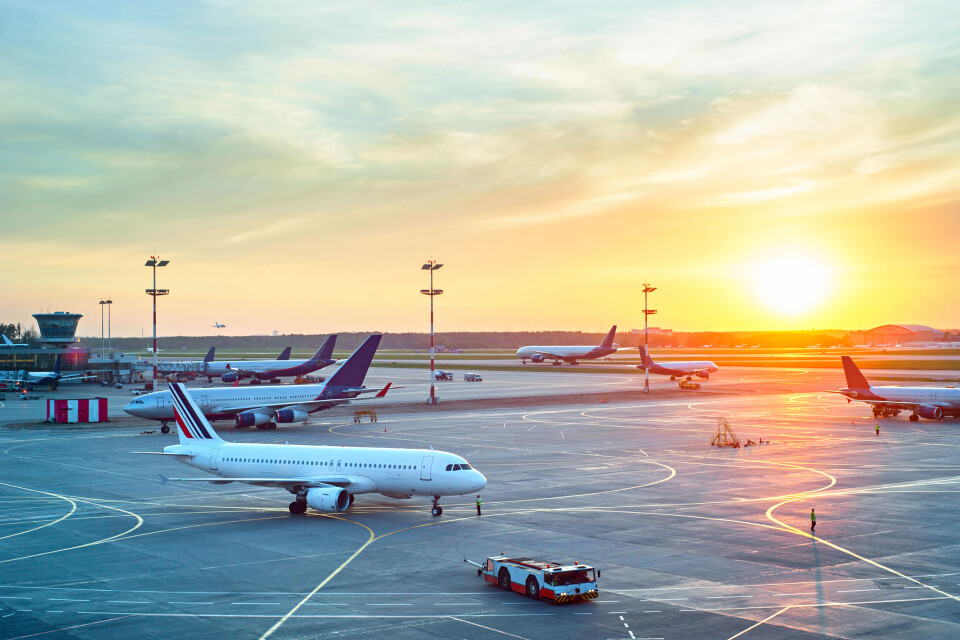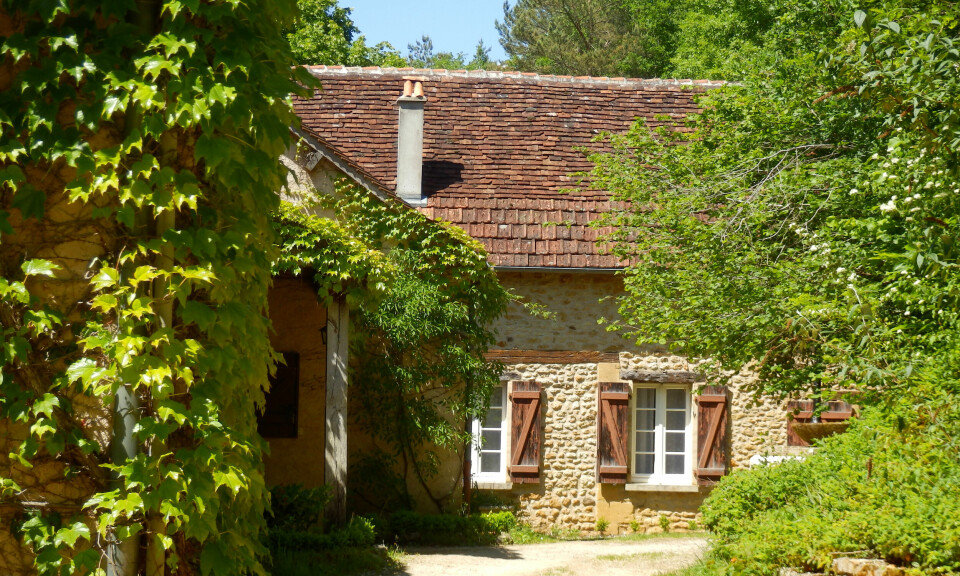-
Photos: Louis XIII-style château near Paris up for auction
The 400-year-old property has 32 hectares of parkland
-
Should France reduce the size of its baguettes to stop waste?
Would you welcome a smaller loaf?
-
Fatal HGV crashes: Goodyear in court in France over tyre defect claims
Investigators allege the firm knew about the problem but did not issue a recall
What’s known about planned three-day air controllers' strike in France
We look at what is at stake as the French civil aviation authority and main union continue talks ahead of new scheduled protest action next week

Talks between France’s civil aviation authority and air traffic control union are continuing after strike action on Friday (September 16) saw more than 1,000 French flights cancelled and others delayed.
Read more: Strike action to ground one in every two flights in France on Friday
“Discussions and contact were never stopped and are continuing,” said Frédéric Solano, the managing director of the Direction générale de l’aviation civile (DGAC). He declined to specify the content of what was discussed.
The Syndicat national des contrôleurs du trafic aérien (SNCTA) union has threatened three days of further strike action next week if a satisfactory solution is not found.
Read more: French air traffic controllers announce three more strike days
The Connexion breaks down the ongoing feud and what air travellers can expect.
Which dates are strikes planned for?
The SNCTA has called for an air traffic control strike on September 28, 29 and 30.
The strike would follow an initial day of action last Friday, which resulted in most French airports cancelling half of planned flights, with others being delayed.
Airlines have said that short and medium-haul flights would be the most affected by renewed strike action with most companies including those based in the UK among those operating medium-haul flights.
Strikes from SNCTA members will also collide with a nationwide strike from the CGT union on September 29, which may result in staff shortages within airports. CGT has planned demonstrations across the country to protest on issues around spending power, wages and the reform on retirement.
CGT members include baggage handlers and technical staff, said Daniel Bertone, general secretary of the Aéroports de Paris CGT branch.
This CGT strike is set to start on Thursday at 04:00 and end on Friday at 07:00, he said.
What is the air traffic controllers’ strike about?
The SNCTA wants air traffic controller wages to be increased to match inflation as well as a promise from the DGAC to increase recruitment in the coming years.
Air-controllers start with €1,900 net and can earn around €4,000 after several years of experience. No information was easily available on when their wages were last negotiated.
This is because between 2029 and 2035, one third of the current workforce is expected to retire, the union has said.
If there are not enough controllers recruited to replace those leaving the profession “the negative consequences will be inevitable in terms of the public service, working conditions and flexibility,” the SNCTA said.
The strike is the result of “months of discussions” during which “no concrete elements nor guarantees were brought forward by the DGAC,” the union states in a press release last Thursday (September 15).
The three-day strike is designed to put pressure on the DGAC and on the government, as union members hope to have their situation addressed in the ‘projet de loi de finances 2023’ budget, which will be reviewed by MPs in October.
The SNCTA did not respond to The Connexion’s requests for comment.
What was the impact of the first strike day?
Airlines cancelled half to two thirds of their scheduled flights on Friday. Air France cancelled 400 of its 800 planned services while Ryanair cancelled 420 flights.
All in all, more than 1,000 flights were grounded across France.
It is not known whether airlines will be affected the same way as last Friday if strike action is renewed or whether they have already worked out ways to respond and reduce disruption.
EasyJet spokewoman’s Elodie Roubaud said that the company - as well as other airlines companies - will follow recommendations from the DGAC.
Airports say that they have also been left out of the loop.
“We will probably know when journalists are informed,” said Edouard Aulanier, Lille Airports’ public relations officer.
Related articles
France’s ‘most British airport’ to be renamed after Queen Elizabeth II
French air traffic control strike: 1000 flights, all airports affected
























